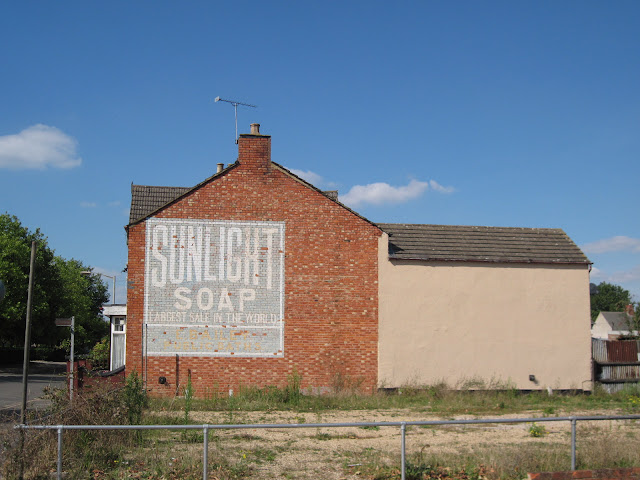When I left Milton Keynes

I stopped writing this blog in late 2010 when I got a job. Not long after that, I left Milton Keynes for the blinding lights of London in early 2012. I had no friends to say goodbye to. To be honest I hadn't really made much effort to make friends when I arrived in the UK. That would be admitting I was staying. My first year in London was brutal. I hated it. Work consumed me and I lost my way. What's worse, I was felt a failure for hating London. It was supposed to be every New Zealander's dream. Little by little I adjusted, and soon came to tolerate, and even like the place. I'm a Londoner now. I don't even know how that happened. I travel for work often. And no matter how early in the morning, or late at night, and no matter how awake or conscious I am, I am always roused in time to spot Milton Keynes whenever I am on that line. Just in time to see the Brickhills coming from the south, and Wolverton from the south. It has been seven years since I wro

